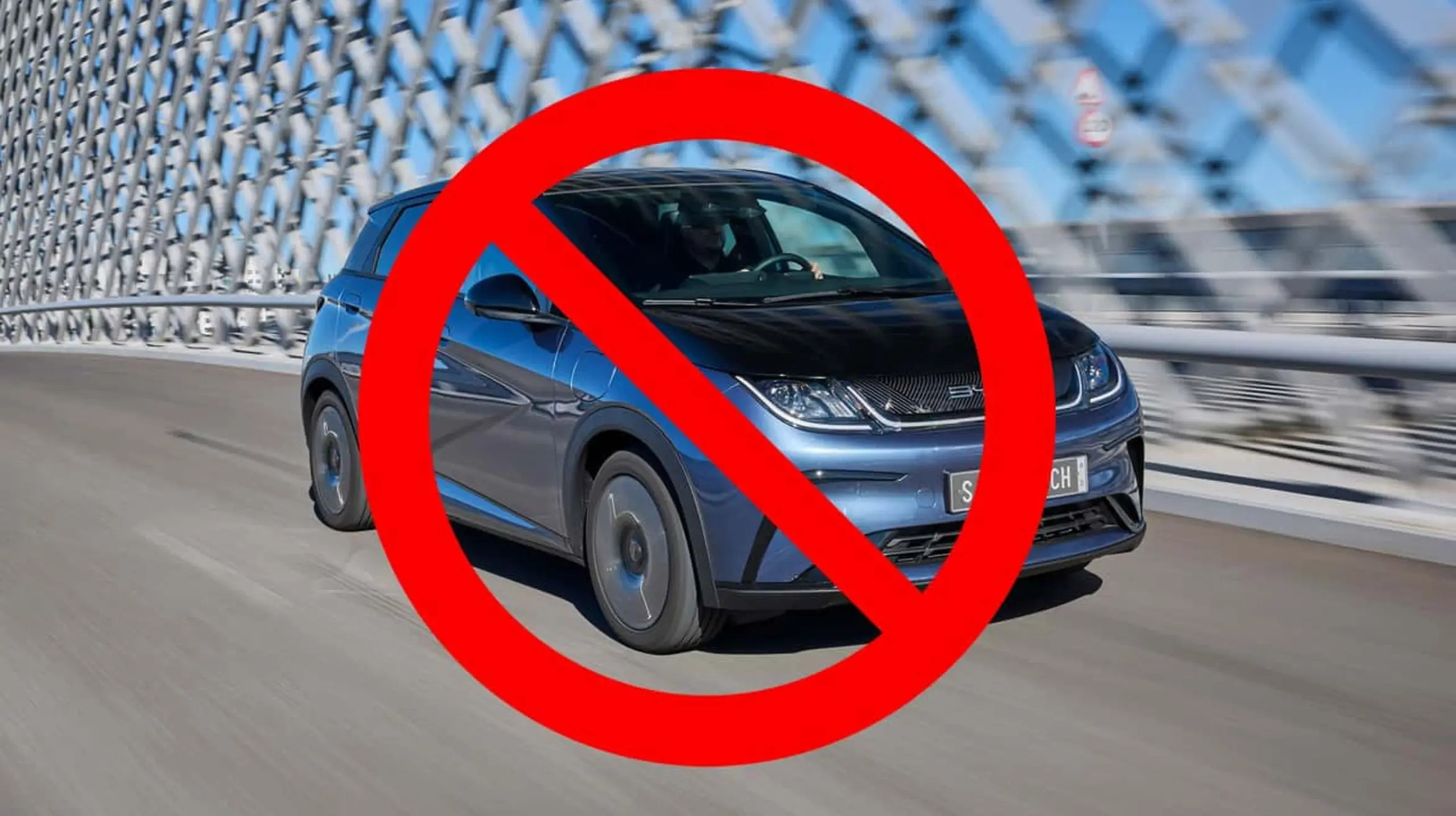USA (Transatlantic Today)—The Biden administration has imposed a 100% tariff on Chinese-made electric vehicles as part of several measures to defend US manufacturing from low-cost imports. This decision, announced on Tuesday, is part of a bigger effort to combat unfair trade and protect American workers. It is the latest action in the ongoing trade dispute between the United States and China, which has intensified in recent years.
Tariff Increase Across Various Sectors
The White House announced significant tariff increases on several Chinese-made products, including electric cars, solar panels, steel, and others. These measures aim to counter what the administration perceives as unfair trade policies implemented by China. The tariffs, ranging from 25% to 100%, are set to impact imports worth an estimated $18 billion, according to the White House.
Response and Criticism
According to Puranoticia, China has quickly slammed the additional tariffs as unjustified. Furthermore, Biden’s car taxes are primarily symbolic because tariffs implemented by Donald Trump during his administration effectively barred Chinese electric vehicles from entering the United States. However, advocacy organizations have warned of a future threat as Beijing strives to use exports to compensate for internal economic weakness.
Impact and Justification
Despite concerns about inflation and potential economic repercussions, the Biden administration remains steadfast in its decision to impose tariffs. Officials argue that these measures are essential to counteract China’s trade practices, which they claim harm US interests. The administration maintains that the tariffs are targeted and will not exacerbate inflation, distinguishing Trump’s broader tariff approach.
Tariff Rates and Future Outlook
As Washingtonpost suggests, the immediate impact of the new tariffs on domestic electric vehicle (EV) sales is expected to be minimal, analysts suggest. Currently, the sole Chinese electric vehicle available for purchase in the United States is produced by Polestar, a subsidiary of China’s Zhejiang Geely Holding. While this limited availability may insulate the domestic market from significant disruption, focus has shifted to Europe, where comparable regulations are being deliberated. These developments underscore the enduring ramifications of the protracted trade tensions initiated by President Trump in 2018, which continue to shape global trade dynamics.
Economic Analysis
Despite the imposition of tariffs, some experts view the measures as having limited practical impact. Oxford Economics describes them as “more symbolic bark than bite,” suggesting they will only marginally affect inflation and economic growth. Nonetheless, the tariffs signify a broader shift in US trade policy, reflecting a growing emphasis on protecting domestic industries and jobs.


























